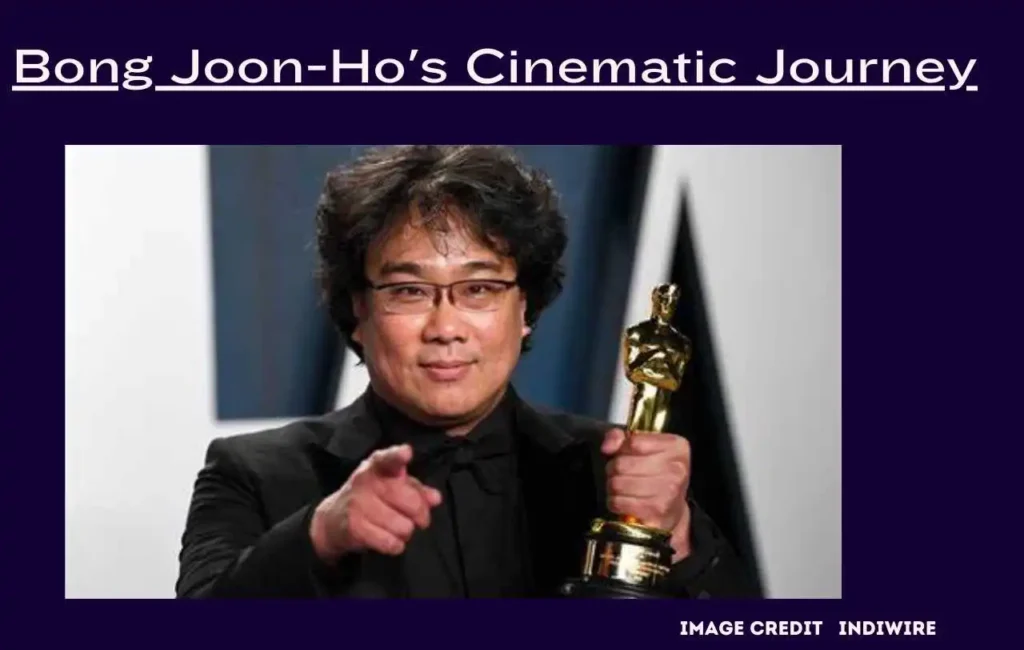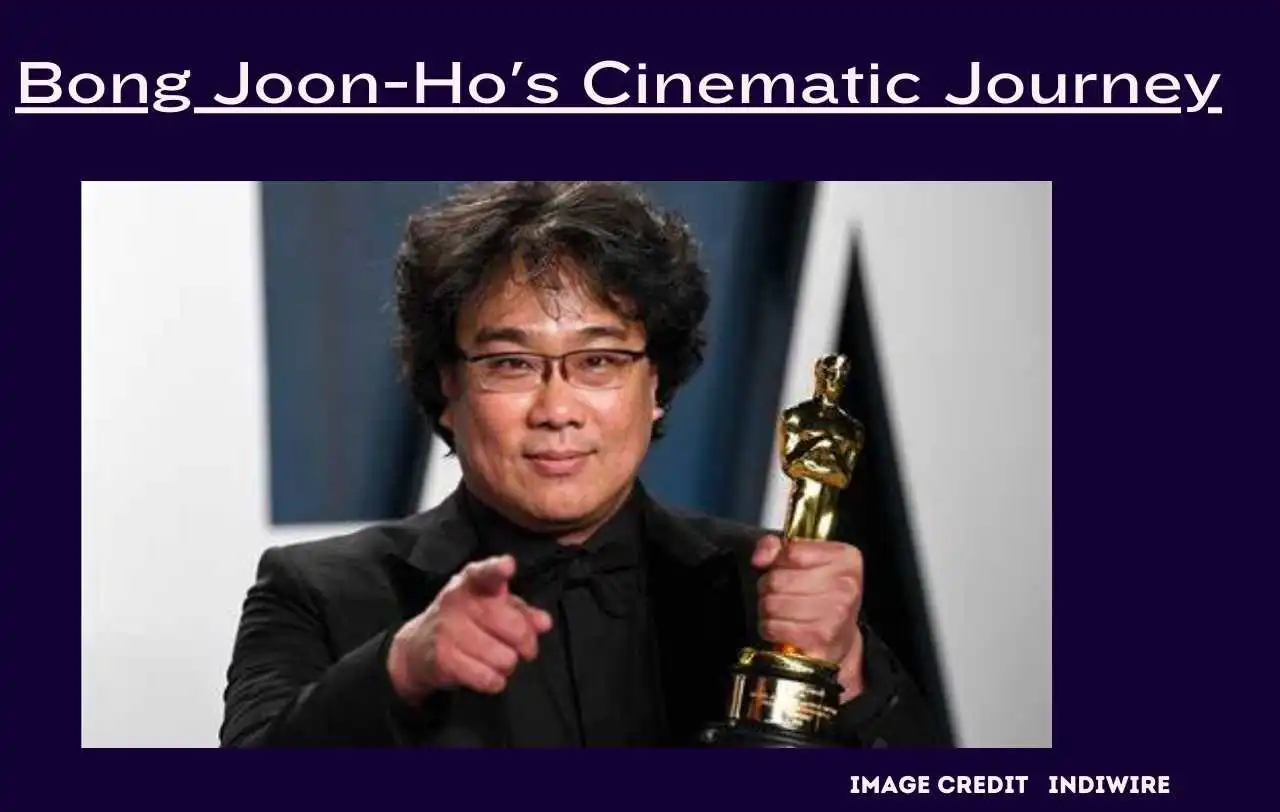A Humble Beginning: Bong Joon-Ho’s College Tutoring Days
Before Bong Joon-Ho became a renowned filmmaker, he experienced the challenges of college life in Seoul. During this time, he took on a role as a tutor for a wealthy family, an episode that, despite its brief two-month duration, left a lasting impression. Reflecting on his tutoring stint, Bong humorously recalls, “I never really helped the kid study—I was more interested in having fun with him.” However, this laid-back approach resulted in an abrupt dismissal when the family sought a more academically focused tutor.
Parasite Unveiled: A Cinematic Masterpiece
Fast forward to the present, and Bong Joon-Ho has given us “Parasite,” a cinematic gem that explores the intricacies of class disparity. The film introduces us to a struggling family living in a dismal, underground apartment, setting the stage for a compelling narrative against the backdrop of societal challenges. As the son secures a tutoring position in an affluent household, a web of lies ensnares the characters, revealing how wealth influences every aspect of life.

Cannes Triumph and Critical Acclaim
“Parasite” emerged victorious at Cannes, securing the top prize and earning widespread acclaim. With a perfect 100% Fresh rating on Rotten Tomatoes, the film confidently enters awards season, propelled by its nuanced storytelling and Bong’s directorial finesse. Stephanie Zacharek, in her TIME review, commends Bong for defying expectations, stating, “Bong sails beyond good enough, devising a twist upon a twist and connecting one scene to the next with ingenious precision.”
Bong Joon-Ho’s Reflections on Class Warfare
“Parasite” isn’t Bong’s first exploration of class conflict. His earlier work, “Snowpiercer” (2013), depicts a rebellion within a speeding train, echoing themes of societal hierarchy and struggle. Bong emphasizes the universal nature of this conflict, describing it as a “universal story about rich and poor.” However, the film remains deeply rooted in contemporary South Korea, drawing inspiration from nuclear war threats, past flooding disasters, and even the economic collapse of Taiwanese cupcake shops.
Personal Touch: Bong’s Life and Inspirations
Bong Joon-Ho’s films often bear the imprints of his personal history. Raised during a tumultuous era of military dictatorship in South Korea, he draws parallels between his college tutoring experience and the opulence he encountered. His fascination with symbols of excess, like a private sauna in a home, becomes a recurring motif, manifesting in the wealthy family’s labyrinthine mansion in “Parasite.”
From Success to Humility: Bong’s Cinematic Journey
Despite reaching the pinnacle of Korean cinema, Bong remains connected to the ethos of the working class. Reflecting on his life, he remarks, “Regardless of the success or the awards, my life has been pretty much the same for the past 20 years.” His unwavering commitment to the filmmaking process, from ideation to post-production, reflects the dedication of a true artisan.
Cinematic Solidarity: Themes in Contemporary Film
Bong’s exploration of wealth disparity resonates in contemporary cinema, where directors like Hirokazu Kore-eda, Lee Chang-dong, and Jordan Peele delve into similar narratives. Notably, Jordan Peele’s “Us” shares striking parallels with “Parasite,” exploring clashes between privileged and oppressed families, atmospheric contrasts, and themes of invasion and horror.
Dora and the lost city of gold
Violence on Screen: A Reflection of Reality
Known for incorporating violence into his narratives, Bong Joon-Ho dismisses the idea that films lead to real-world violence. Instead, he argues that creative works reflect existing violence, offering a delayed commentary on the world’s capricious and dangerous nature. In the wake of discussions spurred by Todd Phillips’ “Joker,” Bong maintains that films mirror societal violence rather than incite it.
Hope Amidst Darkness: Bong’s Unique Perspective
As Bong Joon-Ho tackles themes of systematic oppression, compassionless communities, and global challenges in his films, “Parasite” concludes with a glimmer of hope. The closing scene, featuring Choi Woo-shik singing a song penned by Bong himself, encapsulates a nuanced optimism in the face of adversity.
In a world grappling with dystopian elements, Bong refrains from labeling the current reality as dystopian, emphasizing the importance of hope even in the bleakest narratives.
More Read Lee sun-kyun movies and tv shows :Unraveling the Legacy of Lee Sun-kyun
